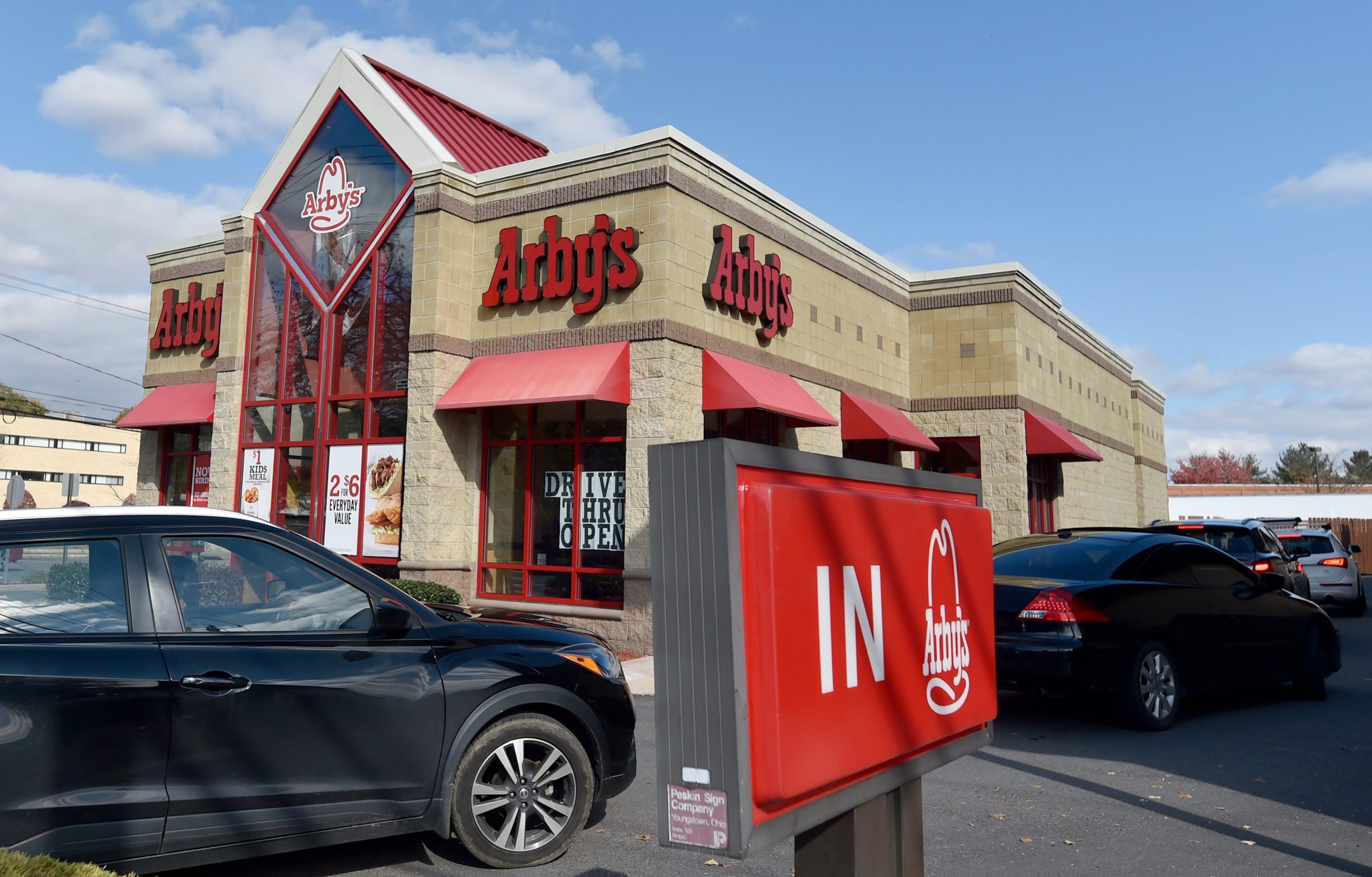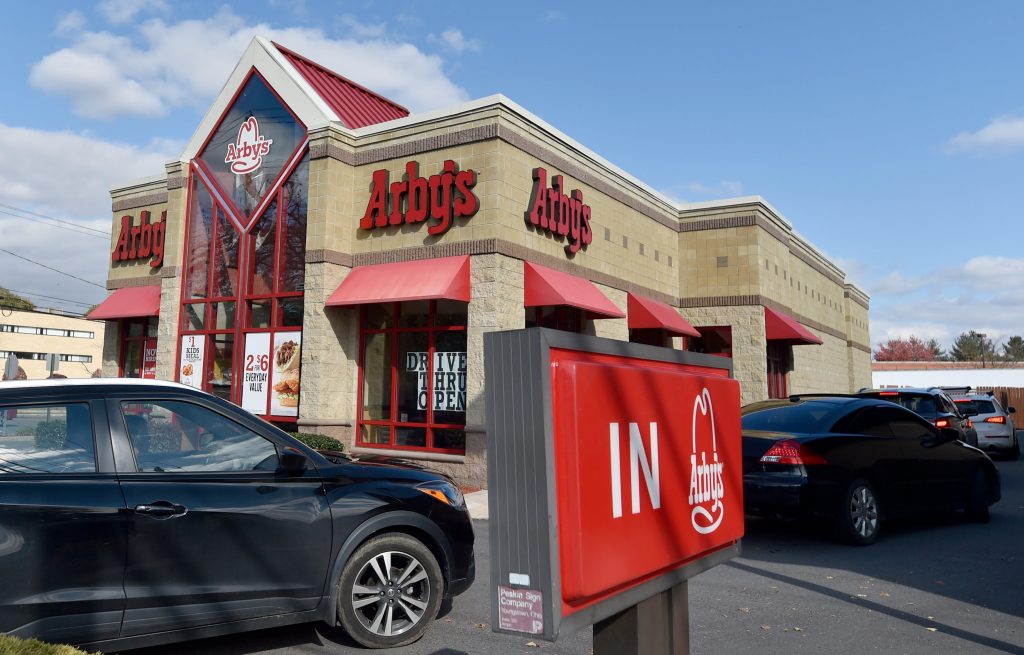
Aimee Dilger/SOPA Images/LightRocket via Getty Images
- A California Arby's drive-thru installed a voice assistant robot to take orders, AP reported.
- Franchisee Amir Siddiqi said the restaurant has redistributed workers to the drive-thru's kitchen.
- A number of US restaurants have turned to automated technology as they grapple with labor shortages.
- See more stories on Insider's business page.
A California drive-thru is replacing workers with a voice assistant robot to overcome the labor shortage post-pandemic, AP reported on Sunday.
Amir Siddiqi, franchisee of the Arby's sandwich drive-thru in Ontario, said the voice assistant, named Tori, was installed this year to take customers' orders and send them to the kitchen.
"It doesn't call sick," Siddiqi told AP. "It doesn't get corona. And the reliability of it is great."
The workers replaced by Tori have been redistributed to the kitchen and other areas of the drive-thru, Siddiqi said
Siddiqi wouldn't have spent money on the automated software if the pandemic, and the consequent labor shortage, hadn't have happened, he told AP.
Insider has contacted Arby's for comment.
Siddiqi's Arby's drive-thru is among a number of restaurants that have turned to automated technology in an effort to save money and plug gaps in their workforces. Businesses in the US are currently facing a severe shortfall of workers, which has led some restaurants to hike their minimum pay, cut production, reduce their operating hours, and encourage employees to work more overtime.
McDonald's said in June it was testing out voice-recognition software at some drive-thrus in Chicago. Starbucks, Panera Bread, and Burger King have introduced apps, QR codes, and digital kiosks in their restaurants, reducing the need for servers.
Former McDonald's CEO Ed Rensi has said that the fast-food chain would likely either hike prices or introduce automation software which would cut jobs, in response to the $15 federal minimum wage push.
"Technology is always cheaper than people," Rensi told Fox Business in June.
A study by the British Medical Journal in March showed that the COVID-19 pandemic has accelerated the use of artificial intelligence and automation in the job sector as businesses look to limit physical contact and reduce the spread of the virus. Insider's Ben Winck and Nick Lichtenberg reported in July that while people are worried that automated technology could destroy jobs, the trend toward automation could also trigger a "virtuous circle" that helps the economy.

